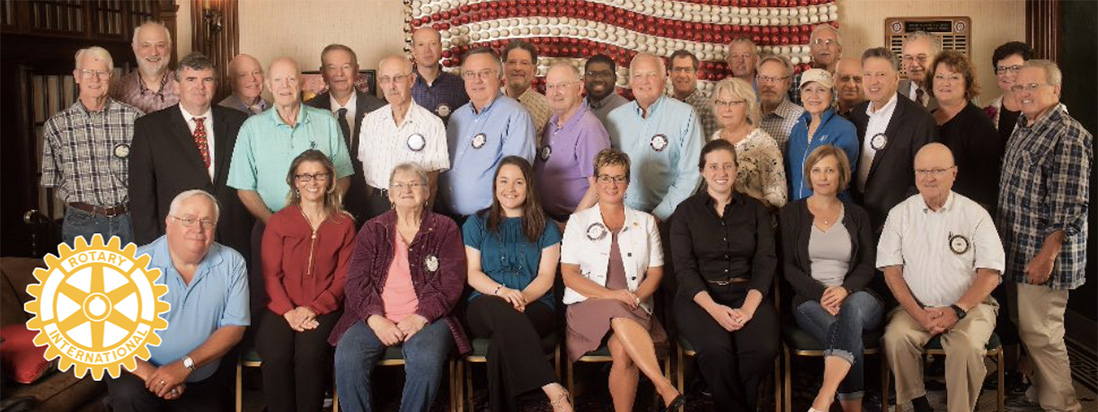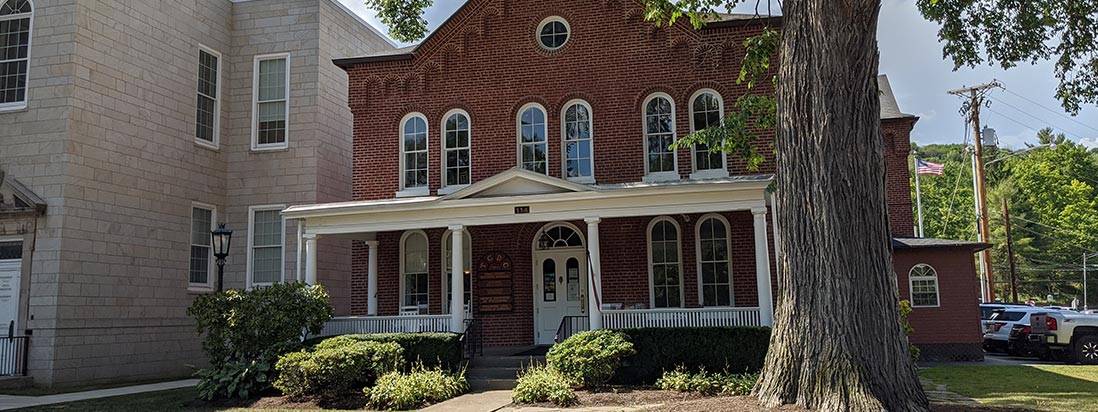Channels

Rotary

Rotary Conference

Laurel Health Centers

Penn Oak Realty

Movin Together

Bank On It

Dunhams Corner

By The Door

Questioning Life

Karschners Insurance

Ag Happenings

Back to Basics

Hornet Happenings

Live From The Hive

Momday Monday

Pennsylvania Politics

The Briefing

Weekly Highlights

Wellsboro Chamber
Back to Basics – Passion
Frank and Fradyl Lifshitz left for the hospital on a fall day in 1939. Anticipation grew as the moment drew near when Fradyl would give birth to their fourth child. Upon his arrival they named him Ralph and prepared to take him back to their home in the Bronx.
Frank provided for his family by working as a house painter. His dream, however was to be an artist — and he spent much of his free time working on paintings he signed using the pseudonym, Frank Lauren.
His youngest son shared his passion for the arts, but instead of taking up the paintbrush, young Ralph chose to express his artistic interests using needle and thread. While in high school Ralph began to make some of his own clothing and sold neckties of his own design to his classmates. His flare for fashion even led to a legal name change when he dropped the last name Lifshitz in favor of something more refined.
Following high school, Ralph attended college, but never graduated. After a brief stint in the military, he found work as a salesman for a necktie company. It was there that he was given an opportunity he’d been dreaming of — a chance to pitch his own tie designs to the owners of the company. Much to his dismay, they were not impressed with his work and rejected him, stating that the world was not ready for his ties.
Determined to succeed, Ralph took to the streets, peddling his work at small clothing shops throughout New York City. In 1967 he opened his own shop where he sold many of his own creations. Ralph’s ties quickly became popular and he spent the next several years expanding his business. By the mid 80’s Ralph’s fame had spread and he owned clothing stores in several cities. By the 1990s Ralph’s company was producing clothing, furniture, fragrances, and even paint. In 1997 the company went public and was listed on the New York Stock Exchange using Ralph’s own initials. RL…
If you haven’t figured it out, Ralph Lifshitz is the man we know today as Ralph Lauren. He is worth an estimated $7 billion dollars and his impact on the world of fashion is nearly unmatched.

A story like this leaves us wondering…
What was it that motivated a college dropout whose work in the fashion industry was initially rejected — to persevere to the point of such great success? I think the answer can be summed up in a word: Passion.
Ralph Lauren was driven by a passion that set him apart from his high school friends…
a passion the left him dissatisfied holding a “normal job”…
a passion that overpowered the feelings of discouragement that followed his rejection…
a passion that led him to become a household name today.
After hearing an inspirational story, like Ralph Lauren’s, we are often prompted to consider our own passion. What are you passionate about? What do you dream about? What thoughts keep you up at night or get you out of bed in the morning? What is the gasoline that fuels your engine?
The truth is, few people develop the kind of passion that has lasting impact. Sadly, many men and women look back on their lives with regret when they realize they were more focused on lesser things than pursuing their passion. Many of us have good intentions, but with so many distractions fighting for our attention, our passions take a backseat. Before we realize it, months turn to years, years turn to decades, and a lifetimes passes us by. Is it really possible to live for our passions, or are we doomed to a life of regret?
There are plenty of motivational speakers that encourage others to find their passion by looking within themselves. That kind of advice is well meaning, but fails to recognize a major flaw: our passions are corrupt! Jesus had a brother called James who spoke about this very thing. In a letter to the early church, James compared our passions to a battle, noting that they war within us. Not long before James wrote his letter, Jesus taught publicly on passion. In Matthew 6 He instructed his followers not to become focused on temporal needs, but to seek first the kingdom of God and His righteousness. Years later, the Apostle Paul wrote about passion, calling men and women to have a passion for God that is so powerful that even an activity as basic as eating and drinking would be done for His glory.
Scripture says much about passion, but it can all be summarized this way: the primary passion of every human being should be for the glory of God. All of our other passions should be secondary — they should be an outflow of our one true passion — passion for the glory of the One who made us. Whether your greatest passion is your family, your job, world peace, or saving the whales — if it supersedes your passion for God’s glory it is misguided.
In the end, God doesn’t want you to pursue your passion in order to have a fulfilling life, make a difference, or change the world. He wants your passion for Him to be so great that His glory, His name, and His fame are seen through you no matter what how menial or significant it seems.
That’s the kind of passion that leads to a life with no regrets.
Credits:
Writing: N/A
Produced by Vogt Media






































